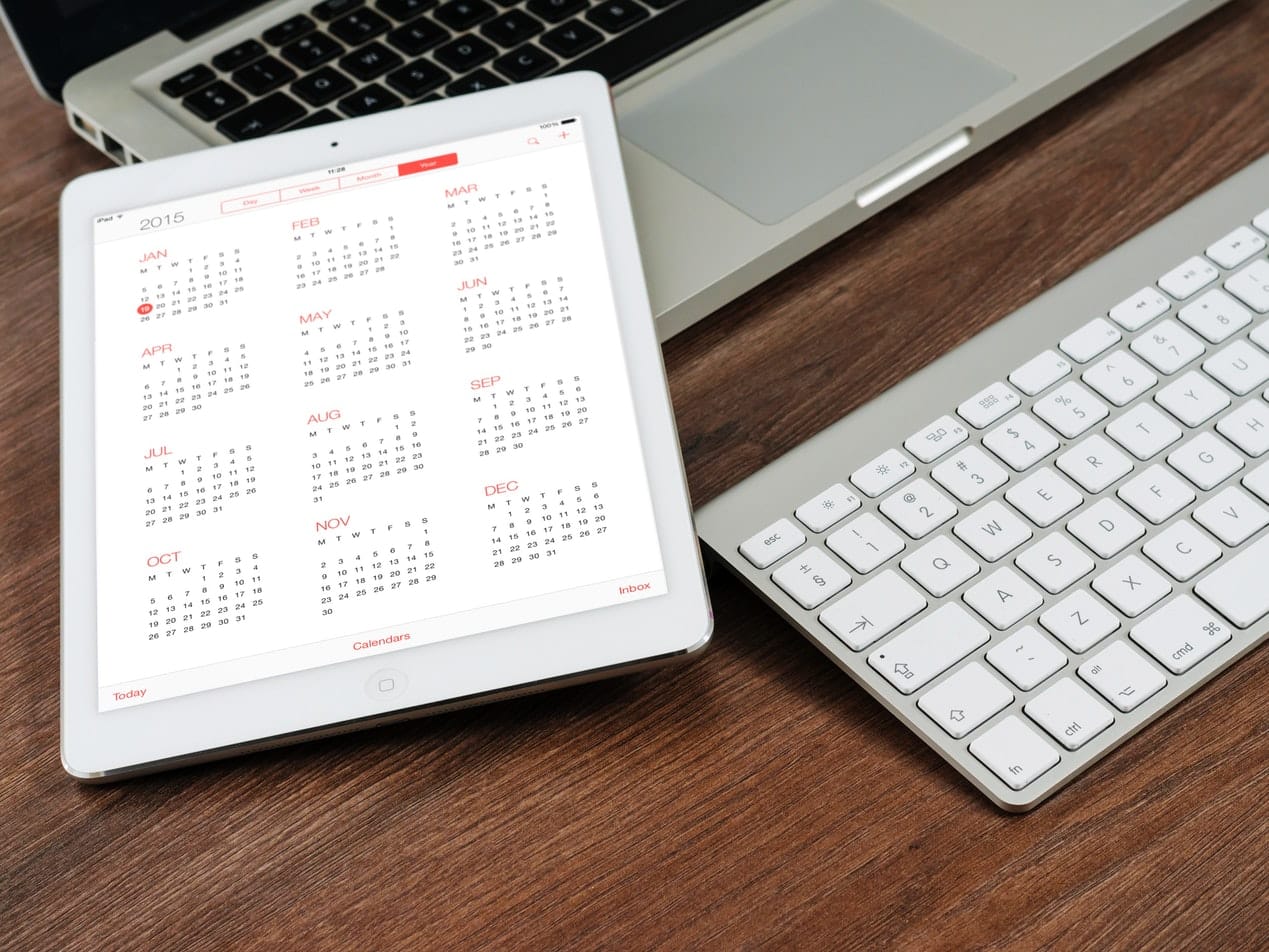
Timely and efficient communication between healthcare providers and patients can significantly impact the quality of care and patient outcomes. In this regard, email is a transformative tool, revolutionizing communication in the healthcare industry. HIPAA compliant email communication has empowered healthcare providers to enhance their services, engage patients, and streamline administrative processes.
Instant and efficient communication
Email enables healthcare providers to communicate with their patients instantly and conveniently. Gone are the days of relying solely on phone calls or in-person visits. With email, providers can share crucial information, test results, or treatment updates with patients in a timely manner.
This instant communication helps to bridge the gap between appointments, allowing patients to stay informed and engaged in their healthcare journey. Moreover, email facilitates efficient communication within healthcare teams, enabling seamless collaboration and better coordination of care.
Email's convenience and accessibility allow patients to review and respond to messages at their convenience. This asynchronous communication ensures that patients have ample time to absorb information, process it, and come up with any questions or concerns. Email communication eliminates the need for phone tag or waiting on hold, providing a hassle-free patient experience while allowing healthcare providers to deliver necessary information promptly.
Cost-effectiveness and scalability
From a business perspective, the ROI for every dollar healthcare professionals spend on email marketing gives them $42 in return. Healthcare is not about profits, but numbers show that email marketing continues to give remarkable results to grow your practice and organization.
Furthermore, email allows providers to scale their communication efforts efficiently. They can reach a large patient base with a single email, making it ideal for sharing updates, educational materials, or health promotion campaigns. Providers can segment their email lists based on specific patient demographics or conditions, ensuring the right information reaches the right individuals.
Related: HIPAA compliant email marketing: What you need to know
Email marketing platforms provide robust tools for managing subscriber lists, automating personalized campaigns, and tracking engagement metrics, making it easy for providers to tailor their communication strategies and optimize their reach.
Enhanced patient engagement and education
Healthcare providers can use email to share valuable health-related information, educational resources, and preventive care tips with their patients. Personalized emails tailored to specific conditions or demographics can empower patients to take charge of their health and make informed decisions.
Email can also serve as a platform for interactive educational content. Providers can include links to informative articles, videos, or patient portals where patients can access their medical records, view lab results, or track their progress. By utilizing email as a vehicle for education, providers can empower patients to become active participants in their care and encourage healthy behaviors.
Moreover, email allows patients to ask questions, seek clarification, or request further information. Providers can establish a two-way communication channel, allowing patients to engage in dialogue and receive personalized responses. This enhances patient education and strengthens the provider-patient relationship, as patients feel valued and involved in their own healthcare journey.
Leveraging email for appointment reminders and follow-ups
Missed appointments can disrupt healthcare workflows and result in delays in patient care. Email helps combat this issue by serving as a reliable reminder system. Healthcare providers can send automated appointment reminders via email, ensuring that patients are well-informed and prepared for their scheduled visits.
Additionally, email allows for convenient post-appointment follow-ups, enabling providers to check on patients' progress, address any concerns, and gather feedback. This personalized communication demonstrates care continuity and emphasizes the provider's commitment to patient well-being beyond the clinical encounter. Furthermore, patient satisfaction surveys sent via email help providers assess the quality of care and identify areas for improvement.
Strengthening doctor-patient relationships
HIPAA compliant email communication provides a direct line of communication, allowing patients to reach out to their healthcare providers with questions, concerns, or requests for information. Healthcare professionals can promptly respond to these inquiries, nurturing trust and enhancing patient satisfaction.
Ongoing email communication helps build rapport and a sense of personalized care, as patients feel connected and supported throughout their healthcare journey. Providers can send regular check-in emails, offering guidance, resources, and encouragement. This continuous engagement establishes a patient-centered approach to care where patients feel heard, understood, and valued.
Privacy and security must be prioritized when communicating through email in healthcare settings. Providers must adhere to applicable regulations like HIPAA to protect patient information. Implementing secure email platforms and encryption protocols helps maintain confidentiality and patient trust.
Effective health promotion and disease management
Providers can send targeted email campaigns to educate patients about healthy lifestyle choices, preventive screenings, and vaccination updates. These campaigns can be tailored based on patient age, gender, medical history, or risk factors, keeping the information relevant and impactful.
Email-based disease management programs enable remote monitoring of patients, ensuring adherence to treatment plans and offering timely interventions. For example, patients with diabetes can receive regular emails reminding them to monitor their blood sugar levels, take medications, or schedule follow-up appointments. Such proactive healthcare management empowers patients to take control of their well-being, leading to improved health outcomes and reduced healthcare costs.
Leveraging email for administrative purposes
Beyond patient care, email streamlines administrative processes in healthcare settings. Appointment scheduling becomes more efficient as providers can communicate available time slots and receive patient confirmations via email. This reduces the need for phone calls and minimizes scheduling errors or conflicts.
Prescription refill requests can be conveniently submitted electronically, saving patients and healthcare staff time. Patients can email their medication details, and providers can process the request and send electronic prescriptions directly to the pharmacy. This streamlined process improves medication adherence and reduces the chances of errors associated with traditional paper-based methods.
Administrative inquiries and general communication between healthcare professionals can also be facilitated through email. Whether it's a question about a patient's medical history or a request for a consultation, email provides a quick and efficient means of communication. This helps reduce phone tag, eliminates the need for faxing documents, and frees up valuable resources that can be allocated to more critical tasks.
The transformative power of email for providers
Email is not just an electronic messaging tool; it has revolutionized communication in the healthcare industry, empowering providers to deliver better care, engage patients, and streamline administrative processes. By embracing email as a transformative tool, healthcare providers can enhance patient experiences, improve outcomes, and pave the way for a more efficient and patient-centric healthcare system.
Related: HIPAA compliant email marketing: what you need to know
Subscribe to Paubox Weekly
Every Friday we'll bring you the most important news from Paubox. Our aim is to make you smarter, faster.





